

Talking Points Memo recently launched a series called The Hidden History of the Privatization of Everything, focusing on what TPM calls “one of the most significant and pervasive politico-economic trends in the United States in the last half century.”
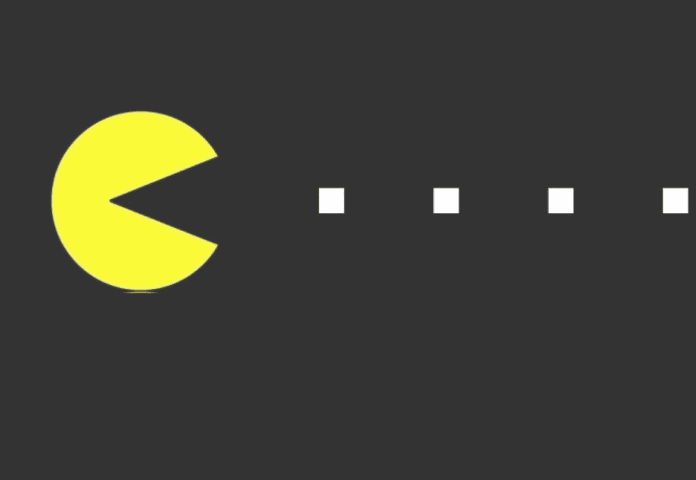
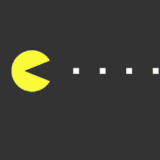
As the free market fairy tale goes, innovative charter schools force neighborhood schools to improve education, while schools that can’t compete eventually close. Parents are “customers” that need more “school choice,” and when a school fails, students simply find another.
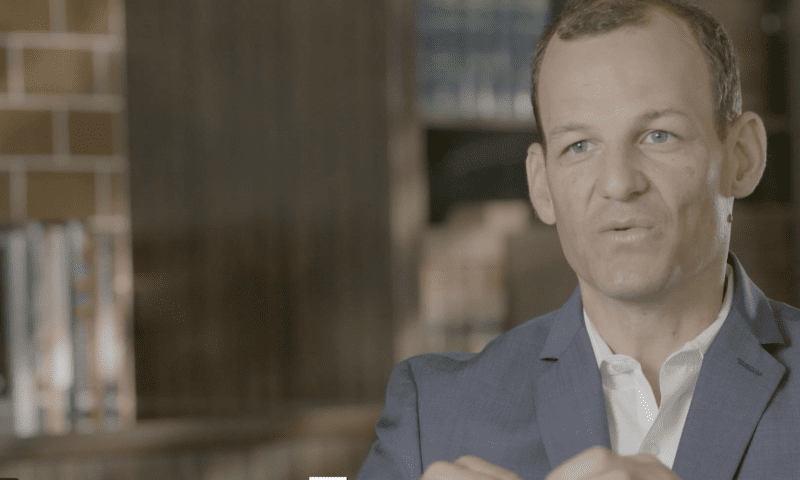

“Uncovered California” is a three-part series of stories and videos examining how the Golden State is trying to fill holes in its health care coverage.
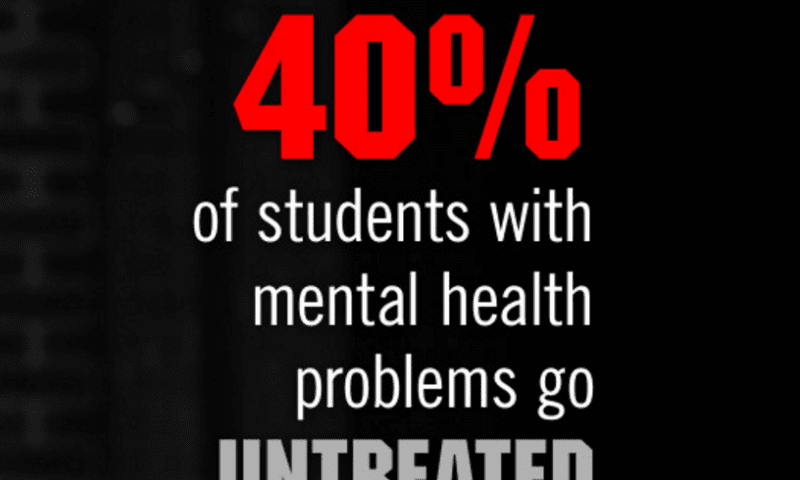
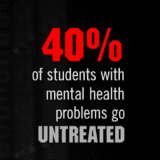
Surveys suggest that somewhere in the region of one in four community college students will experience a diagnosable mental health problem at some point, but approximately 40% of them won’t seek timely help.


As the June 15th deadline for a California budget approaches, Kevin McCarty finds himself a power broker in a fight over billions of dollars of funding for the University of California.
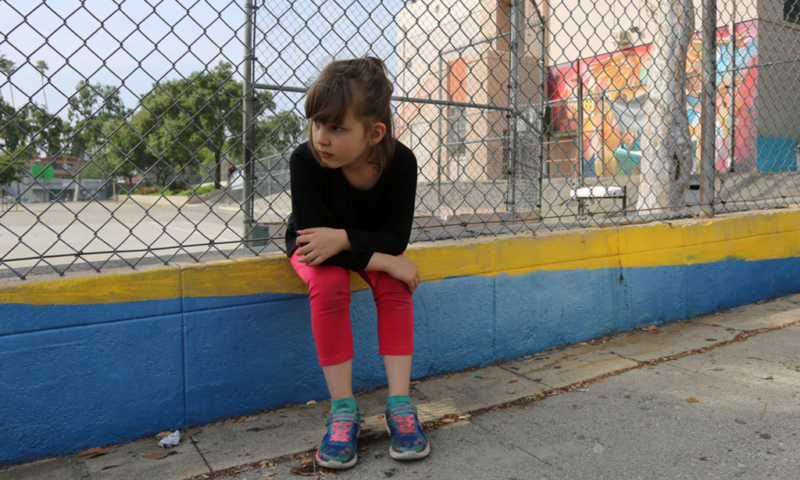

Co-published by The Atlantic.
For the struggling working class, especially those with on-call or non-traditional schedules, the level of involvement that today’s homework requires can be impossible to manage.
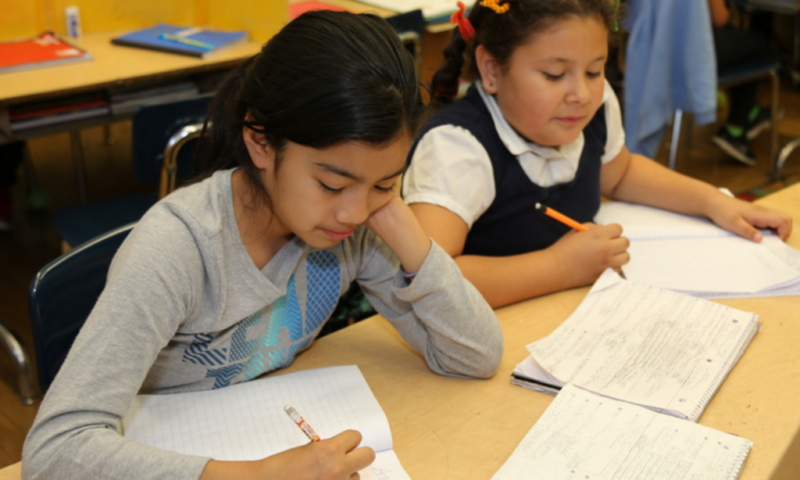

When the Great Public Schools Now Initiative, the $490 million blueprint to turn half of Los Angeles’ public school system into charter schools, was first leaked to Los Angeles Times reporter Howard Blume, it triggered an uproar among the city’s education community.
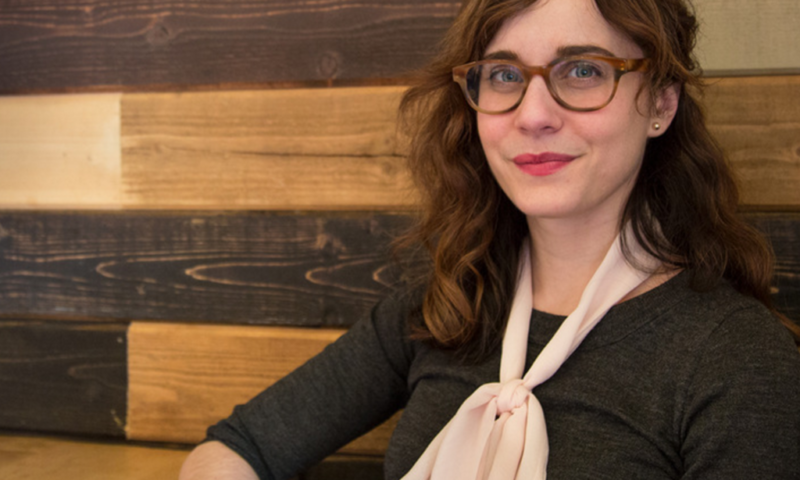

Many parents of students who have successfully matriculated through the Los Angeles Unified School District believe that the key to a successful education means viewing a school as a community.
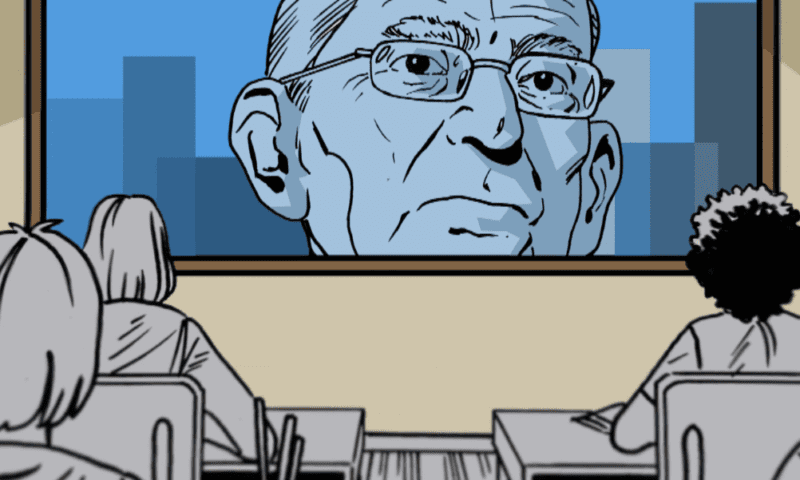

UCLA’s John Rogers on the Struggle for Democratic School Improvement.
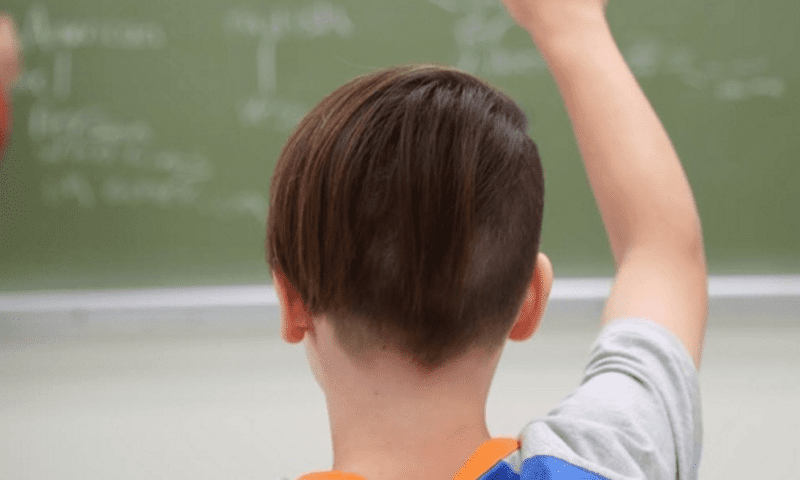

Despite the trendy popularity of charter schools in some circles, their wholesale replacement of traditional public schools is unnecessary.


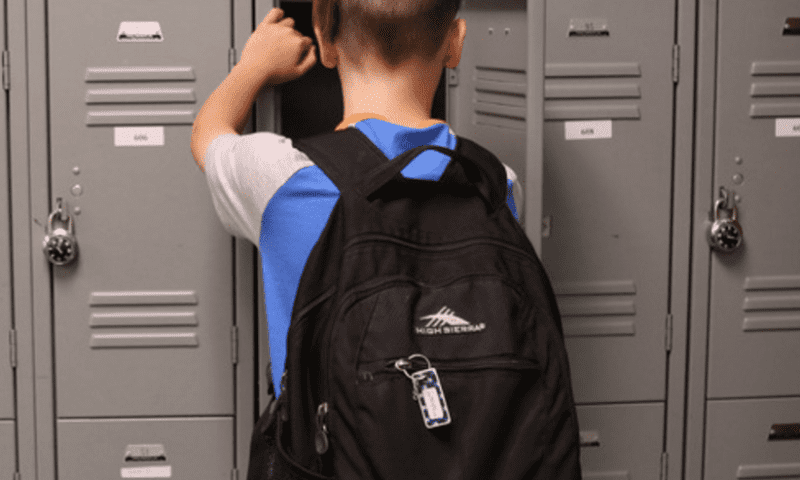
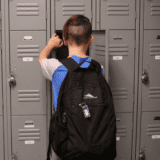
Charter proponents, most notably the Walton Family Foundation, contribute large amounts of money to expand charter schools in select cities around the nation.


The original concept of charter schools emerged nationally more than two decades ago and was intended to support community efforts to open up education.
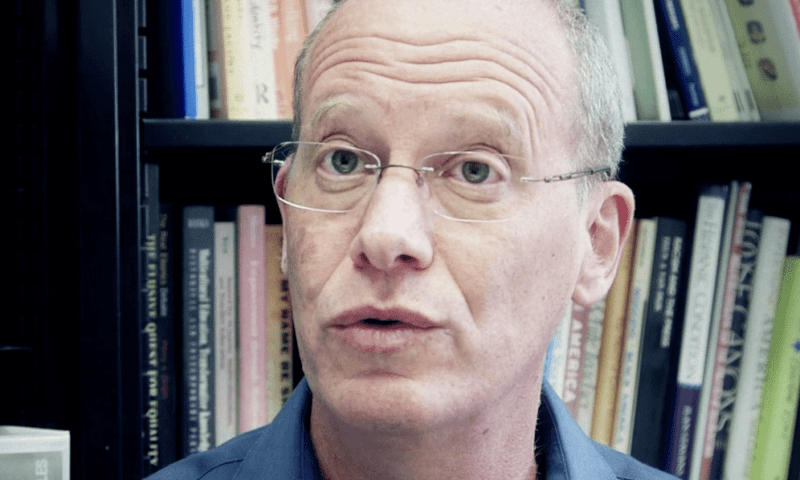

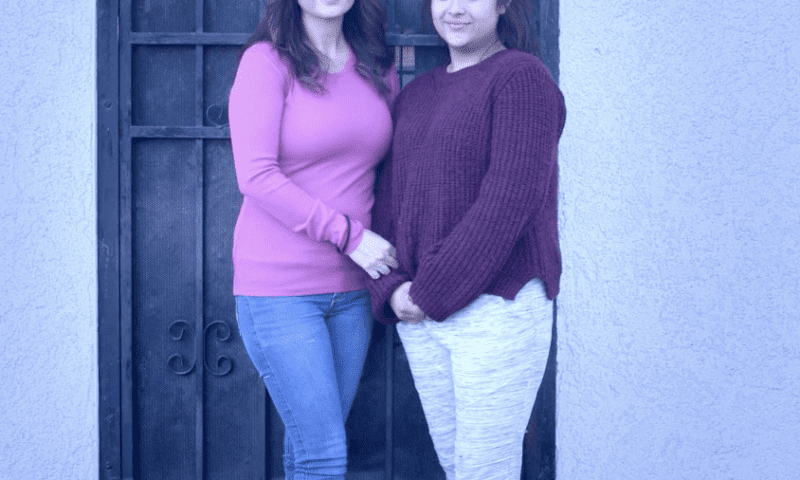

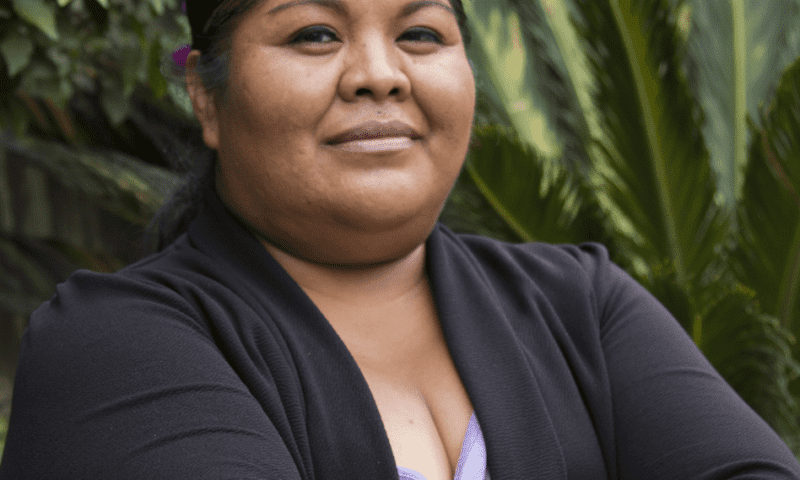

At first, Rosalba Naranjo was thrilled that her two daughters were attending Richard Merkin Middle School, a charter school located near downtown Los Angeles.


Charter schools, their lobbyists and choice proponents often discuss the underperformance of traditional public schools in the public discourse. But what data should be trusted by parents and policymakers alike when comparing charters with traditional public schools?
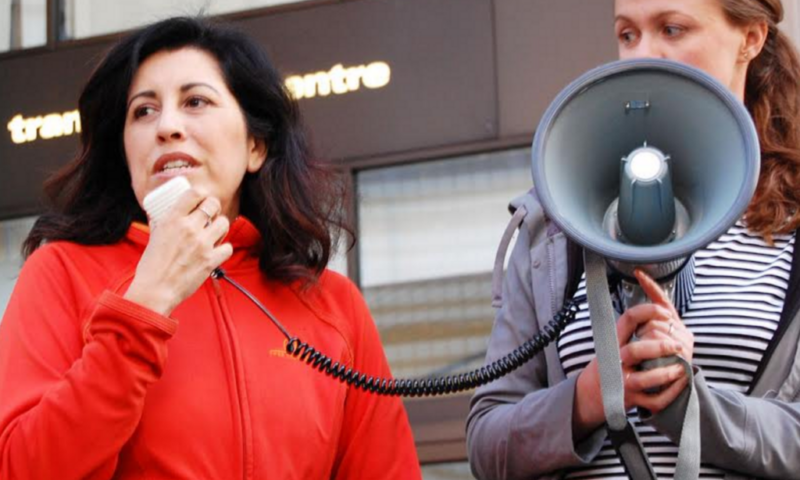
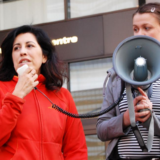
Last September’s sensational leak of the Great Public Schools Now Initiative, a half-billion-dollar plan to double the number of charter schools in the Los Angeles Unified School District (LAUSD), sparked a firestorm of controversy.


Despite receiving hundreds of millions of dollars from California’s taxpayers, California Virtual Academies (CAVA), the state’s largest provider of online public education, is failing key tests used to measure educational success.
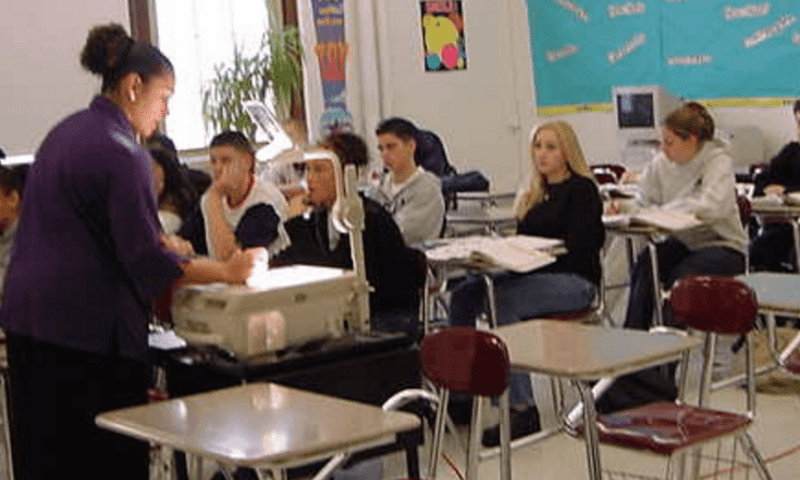
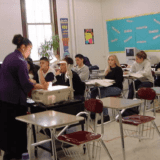
California’s embattled public school teachers received good news Thursday in the form of a state appellate court reversal of the controversial Vergara v. California decision.